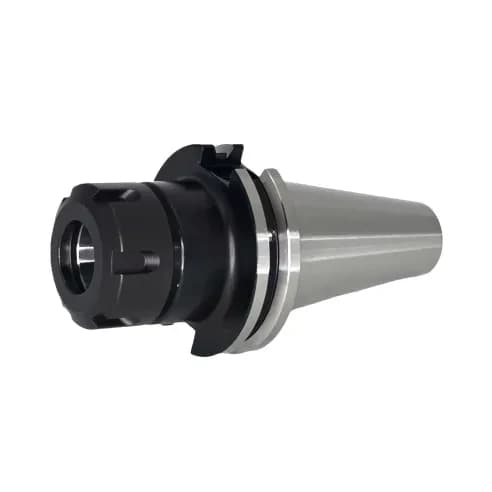
CA$64.38
excl. taxesCA$65.69
CA$50.05
excl. taxesCA$51.07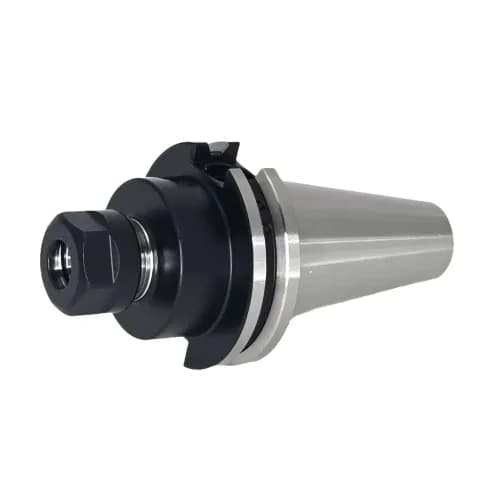
CA$61.49
excl. taxesCA$62.74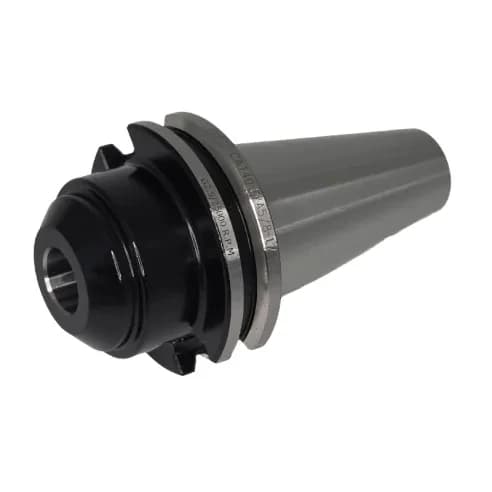
CA$73.68
excl. taxesCA$75.18
CA$76.27
excl. taxesCA$77.83
CA$79.08
excl. taxesCA$80.69
CA$64.38
excl. taxesCA$65.69
CA$73.68
excl. taxesCA$75.18
CA$67.44
excl. taxesCA$68.82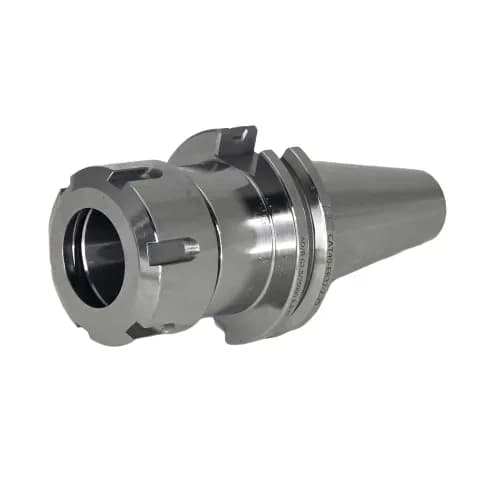
CA$67.44
excl. taxesCA$68.82
CA$70.32
excl. taxesCA$71.76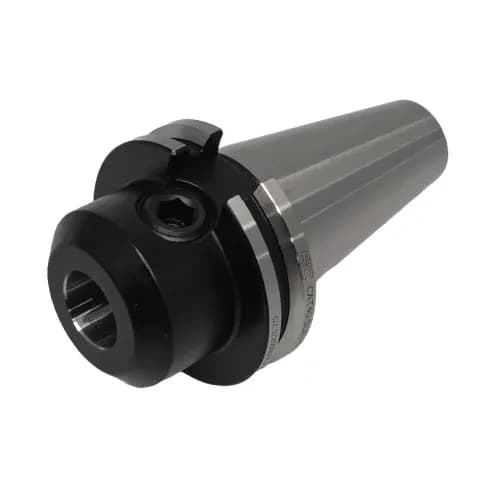
CA$73.68
excl. taxesCA$75.18
CA$79.03
excl. taxesCA$80.64
CA$79.03
excl. taxesCA$80.64Milling toolholders play a crucial role in the production process on modern CNC machines and universal milling machines. Toolholders are designed to securely hold and precisely position tools in the machine spindle, ensuring high accuracy and quality of machining. With the advancement of technology and the expansion of manufacturing capabilities, there has been a need to standardize milling toolholders to guarantee their compatibility, reliability, and efficiency in various production environments.
There are numerous standards for milling toolholders, each developed with regional characteristics or operating conditions in mind. These standards vary in their features, applications, and benefits.
At the same time, within all standards, there is a similar set of holder types.
The most popular types of holders across all standards include:
ER Collet Chucks
ER collet chucks are among the most popular types of toolholders due to their versatility. They can accommodate any tool with a cylindrical shank, such as end mills, drills, Weldon shank tools, and machine taps.
Endmill (Weldon) Chucks
Endmill (Weldon) chucks are designed to hold tools with a flat on their cylindrical shank.
Facemill Holders
The holder features a calibrated mounting surface in the form of a cylinder and a flat face, which is used to position the milling cutter.
Shrink Fit Holders
Shrink fit holders are perfect for high-speed and high-precision machining, where minimal runout and reliable clamping are essential.
Hydraulic Chucks
Today, hydraulic chucks are considered a cutting-edge solution among milling chucks. They are known for their high clamping force, excellent versatility, and ease of use.
Choosing the right toolholder depends on the specific task and type of machining. ER collet chucks offer versatility and precision, Weldon shank holders provide secure and robust clamping, while hydraulic chucks deliver the highest accuracy and reduce vibrations. Understanding the characteristics of each type of holder and using them correctly can significantly enhance the efficiency and quality of machining processes.
In modern mass production, selecting the right equipment for a CNC machine or machining center is a crucial technological aspect of industrial metalworking. A well-informed choice and proper use of machine tooling can significantly improve product quality, increase machining speed, and, as a result, reduce production costs.